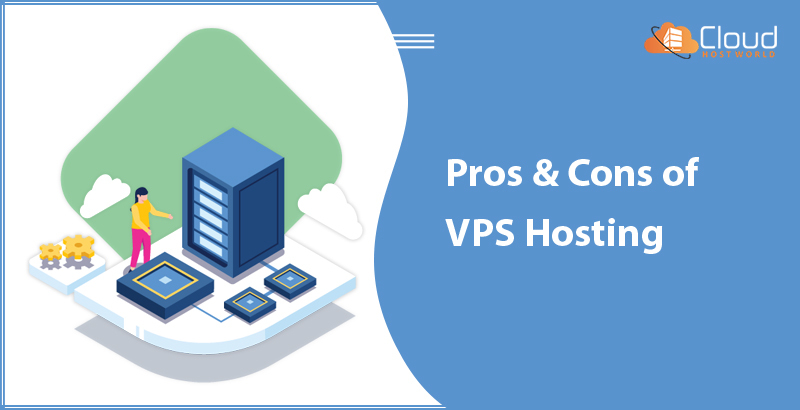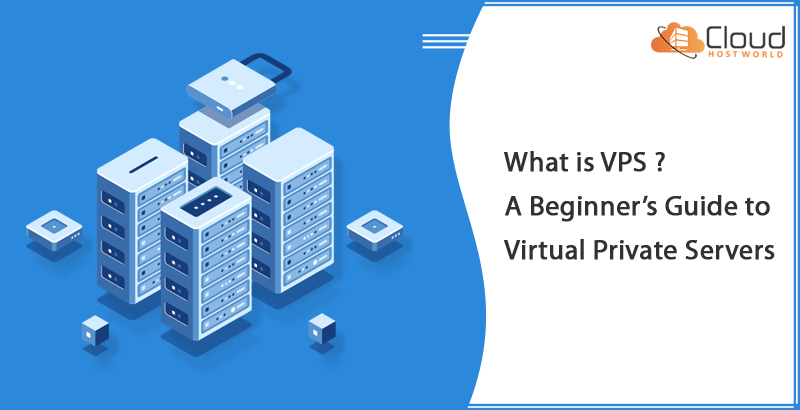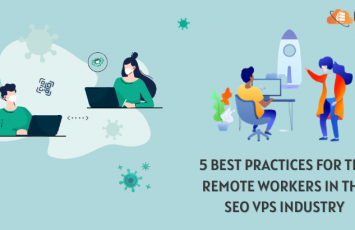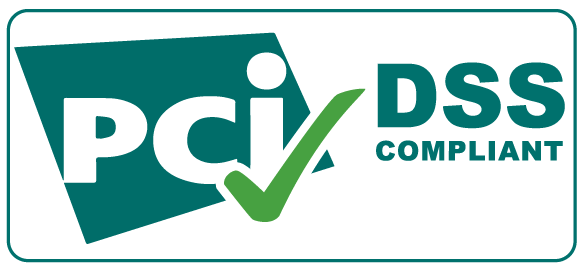What Is VPS ? A Beginner’s Guide To Virtual Private Servers
With more businesses shifting towards digitalization, the need for hosting services is on the rise as well. While there are a plethora of hosting services, the right move is to choose the one that suits your business and budget.
Besides, if you are a business owner, you are most likely to face co-shared hosting options. Although it is very cheap, it might not be the right choice for your business, since most of them function poorly when they go offline.
The shared hosting options are usually used for personal sites, informational sites, small non-profit organizations, etc. VPS hosting can help businesses in such cases. This article provides a comprehensive guide that brings you a clear insight into the world of VPS hosting.
What is VPS hosting?
VPS, also known as Virtual Private Server, is an operating system that offers dedicated server environments within a shared server.
It is mostly preferred over other hosting options since it performs better in reliability, security, and performance than other shared hosting alternatives.
In addition, it offers affordable prices and provides the experience of using a private server in a shared space. Similar to dedicated hosting, users are often given root access, which gives them the authority to install applications and incorporate changes independently.
Who needs VPS hosting?
VPS or Virtual Private Server hosting is mainly designed for companies or businesses looking for an affordable hosting alternative with the benefits of dedicated hosting.
VPS hosting brings all these services encapsulated in a single service. VPS hosting is targeted towards growing businesses who have medium traffic on their pages outgrowing their shared hosting plans.
In addition, it is also favored by SaaS providers, game makers, programmers, and businesses who require better performance, more security, and an affordable price.
How does VPS hosting work?
Before we get into further details, let us first try to understand how a traditional server works. A server is usually referred to as a computer that a shared hosting service provider stores data, etc required by your website.
When a customer or a client visits your website, their browser sends a request to the server and receives the relevant information through the internet.
In addition, VPS hosting offers a server that mimics a dedicated server even when the machine is shared with other clients. This helps in eliminating the need to rent an entire server.
VPS hosting uses virtualization technology and incorporates a virtual layer on the operating system or the server, creating segregations that allow you to install or bring changes to the server without having to connect to your service provider every time.
In simpler words, VPS hosting is both a public and a private server that ensures you full control of your space.
Although it is still a part of a shared environment, it provides a barrier between other users on the server without a reboot.
While you are guaranteed more security and additional amenities like memory, disk space, CPU cores, etc.
Understanding the pros and cons of VPS hosting

VPS hosting can be the masterstroke that leads your business to success. Here are some of the pros and cons of choosing a VPS hosting plan for your to get a grasp of it perfectly:
Pros
- Compared to shared hosting, it is more reliable and offers a faster experience.
- Unlike other hosting options, VPS has no fluctuations or downtime that might affect your website.
- As it provides a personalized space within a shared server, other issues or increased traffic do not affect your site.
- It provides exclusive authority and root access to the users.
- Unlike shared hosting, VPS hosting has enhanced security measures and prevents other users from accessing your files on the shared server.
- With flexible scalability, upgrading the server resources such as RAM, CPU, disk space, bandwidth, etc is relatively easy.
Cons
- It is more expensive than shared hosting plans.
- VPS hosting is not user-friendly and requires clear knowledge to manage the server.
- Without proper configuration, it can lead to malfunctions or other issues.
Amazing Benefits of VPS hosting
Prevent noisy neighbor syndrome
If you know what it is like to have noisy neighbors, you can understand what a noisy neighbor syndrome entails for your website.
Similarly, in shared hosting options, if any other user starts using a lot of resources, your website performance gets disrupted and leads to downtime or even going offline.
However, with VPS hosting, the users are blocked out and have their private resources while sharing the same physical server.
Dedicated solutions
VPS hosting is famous for its dedicated resources. It offers personalized solutions that are concentrated on your business requirements.
Moreover, these hosting plans also eliminate the need to share CPU, RAM, space, or bandwidth with any other user in the shared environment.
Faster performance and Elasticity

In the case of shared hosting options, your website performance depends on how many resources are being used by other users on the server.
This can affect your business growth severely. However, with VPS hosting and its dedicated resources, you can run your business efficiently and independently without worrying about other users on the server.
It also adapts to your business growth. In simpler words, VPS hosting can easily scale your resources and meet the traffic demands instantaneously.
Affordable
While it is more expensive than shared hosting plans, it is much more economical in value. Why? Well, as your business grows or gains traffic, you require more space and smooth functionality.
However, with shared hosting, resources are limited and other users might intervene in your business. But, VPS hosting, on the other hand, is cheaper than dedicated server hosting and provides the same resources.
Better accessibility and control
With shared hosting plans, users have very less or no control over their environment. It not only costs more but can also be very harmful to your business.
However, VPS hosting provides root access and offers tailormade services that you exclusively need. Apart from having control, other users cannot make changes in your environment. This helps you to bring changes to your server without contacting your hosting service provider.
ALSO READ: 5 Dedicated Server Maintenance Tips





 India
India USA
USA UAE
UAE
